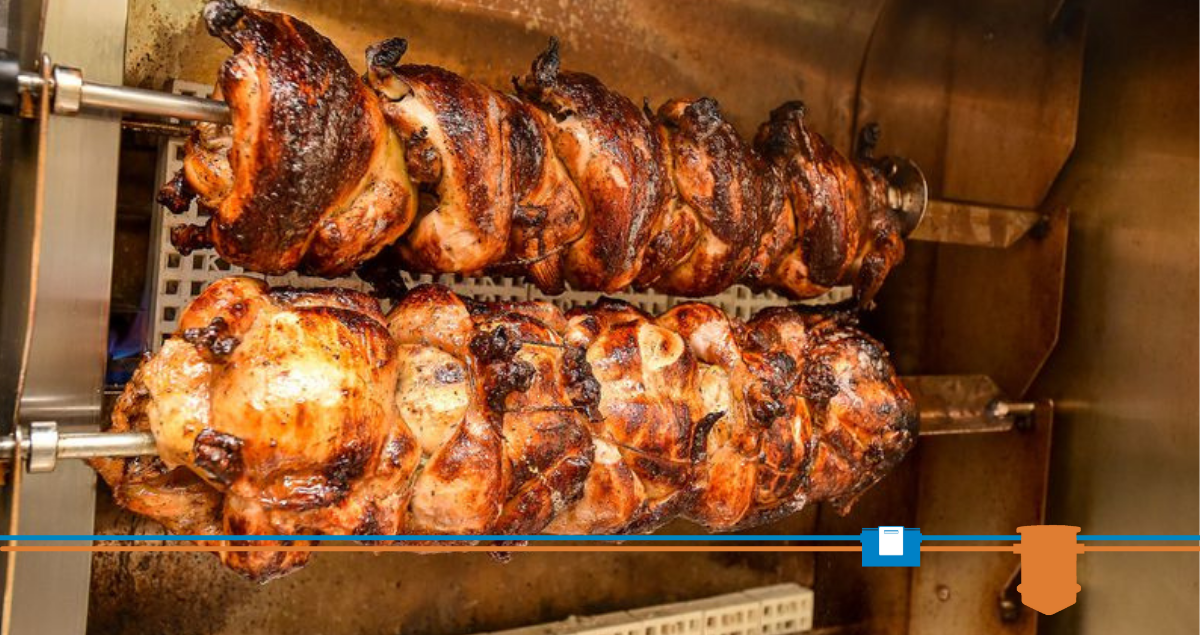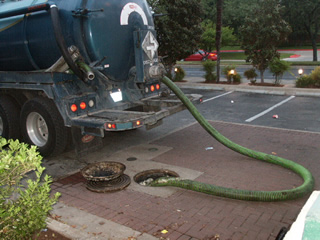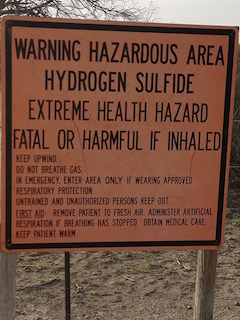Grease Traps and Rotisserie Ovens
- Feb 9, 2022
Among the many pandemic-driven culinary trends over the past two years is a reminder that rotisserie chicken remains a popular comfort food. Many grocery store chains enjoyed strong and steady rotisserie chicken sales amid the ups and downs of the past 24 months, as have a number of restaurants that serve it. Investing in a rotisserie oven can be good for business, but beware. They dump a lot of grease into your plumbing system. Here’s how to prepare for it.


 Commercial kitchen operators already know the benefits of using grease interceptors to capture used oil and grease -- cleaner sewage systems, reduced costs for wastewater treatment plants and fewer fines from municipalities.
Commercial kitchen operators already know the benefits of using grease interceptors to capture used oil and grease -- cleaner sewage systems, reduced costs for wastewater treatment plants and fewer fines from municipalities. Business managers might feel as if their lives revolve around quarters … quarters of the year, that is. From taxes to financial reports and marketing initiatives, managers have a laundry list of tasks to accomplish four times a year. Food service establishment operators have yet one more responsibility to tackle at least once a quarter — the pumping of the grease trap.
Business managers might feel as if their lives revolve around quarters … quarters of the year, that is. From taxes to financial reports and marketing initiatives, managers have a laundry list of tasks to accomplish four times a year. Food service establishment operators have yet one more responsibility to tackle at least once a quarter — the pumping of the grease trap. Think about the grease interceptor in your food service establishment.
Think about the grease interceptor in your food service establishment. It’s not very often that wastewater system workers are hailed as heroes in the headlines around the world. But in August 2013, that’s what happened.
It’s not very often that wastewater system workers are hailed as heroes in the headlines around the world. But in August 2013, that’s what happened.
